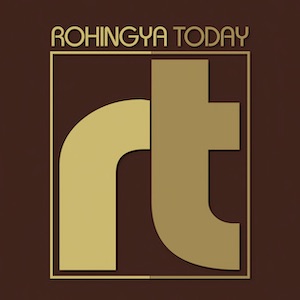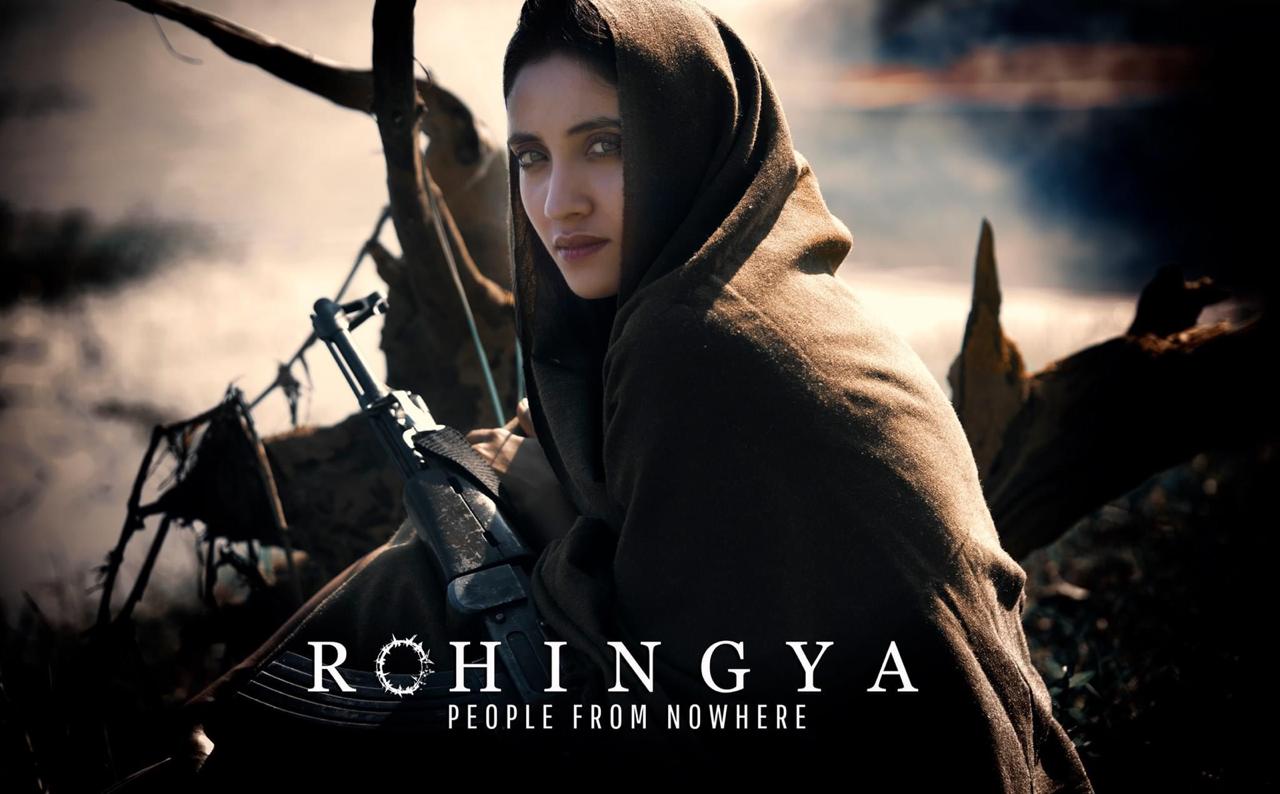
Rohingya Today
Behind every camera, there is not only a creative eye but also a sensitive heart. This is the reason why Haider Khan, one of the biggest names in photography and advertising in India and abroad, put aside the world of glamour for a moment when the human rights crisis of the Rohingyas, the world’s most persecuted minority, profoundly affected him.
Haider has been associated with the Indian film industry for a number of years, having directed actors like Salman Khan for Dabang film promotional videos and in a song in the film Notebook,as well as Vidyut Jammwal for the film Junglee’s promotions. As his awareness of the atrocities committed against the Rohingya in Myanmar increased, he knew he had to do something.
“I have been hearing about and watching the plight of the Rohingyas for many years, which touched me greatly,” says Haider. He decided to highlight the Rohingya crisis through the medium of cinema. “I see the world as a cinematic canvas.”
He began with writing a script on the genocide of the Rohingyas in Myanmar and after 2 years of hard work, he completed the production of Rohingya his first feature film.
Haider hopes the movie will bring the plight of the Rohingyas into the mainstream. He decided to use a fictional story set in the present day crisis faced by the Rohingya community. “At times, to reach the masses, I have chosen the way that masses understand. Not everybody is interested in watching a documentary or written posts. Many times, movies have brought attention to issues which otherwise had remained unnoticed for decades.”- Says Haider, to Rohingya Human Rights Initiative.
The son of a former paratrooper, who took part in 1962 war with China and in the 1965 war with Pakistan, Haider has dedicated the film to the unsung heroes of India's special forces (SF) Paras, also known as the maroon berets.
The cast of the film is multinational with the famous Bangladesh model Tanjia Zaman Methela in the lead role of a Rohingya girl named Husne Ara, a genocide survivor. Actor SangayTsheltrim, a Bhutanese bodybuilder and a former member of the Bhutanese army, plays an Indian SF para as the male lead of the film. Tsheltrim made his Hindi film debut in the Salman Khan starrer Radhe, whose release has been postponed due to the COVID-19 pandemic.
On casting, Haider says, "I was looking for a girl who could speak the Rohingya language. I auditioned many Indian Bengali girls but none of them could get close to the Rohingya accent. When I auditioned Methela, she did very well in catching the Rohingya accent. The other factor which worked in Methela's favour is that her Hindi is not very good. I liked this very much because the character speaks in broken Hindi.”
On Tsheltrim being cast as an Indian SF para: “The character Tsheltrim plays is from North-East India. So, his Bhutanese features can easily pass off as north-eastern Indian. Besides, having been in the National Defence Academy (NDA), Khadakwasla, Pune, Tsheltrim has amazing physical fitness in addition to his acting talent. His military background made it very easy for him to portray an Indian army officer.”
On others in the cast, “We have casted Baharul Islam, an acclaimed National School of Drama (NSD) actor portrays another important role.” Other actors in the film include Rajib Kalita, Anil Choudhary, Gotam Gossain, Kapil Gujar, Daljit sean Singh, Audery Hatibarua, Dilip Khanal, Jyotishman Sharmah and Puja Kulay.
The Rohingya roles were being assisted and trained by two Rohingya - Ali Johar and Sabber Kyaw Min who have also translated the dialogues in the film.
According to Haider, “A striking feature of the film is that it's shot in Bhutan, North East India and in the snow-capped valleys of Uttarakhand. The most astonishing thing about this film is that it's completely shot in natural light. No hair or makeup artist has been used in the entire film.”
A fan of film directors Mani Ratnam, Quentin Tarantino and Martin Sorsese, Haider says: "The real issues in the film have been very close to my heart. I like to mix reality and fiction. It’s also a very rare subject and no one has ever made a film about the Rohingyas yet. The film shows the heroism of the Indian army while also poignantly depicting the suffering of the Rohingyas, who have faced persecution and state-sponsored violence in Myanmar for decades. This has resulted in one million Rohingyas to flee to Bangladesh to take refuge in Bangladesh.”
The film has been produced by Akash Singh and Dorji Wangchuk of Thunder Dragon Production, Bhutan.
Haider syas,- “He wanted to release the movie in the mid of 2020, but now it has been postponed to end of 2020 due to Covid-19 crisis”.
Ali Johar is a Rohingya activist based in New Delhi and Education coordinator of Rohingya Human Rights Initiative








